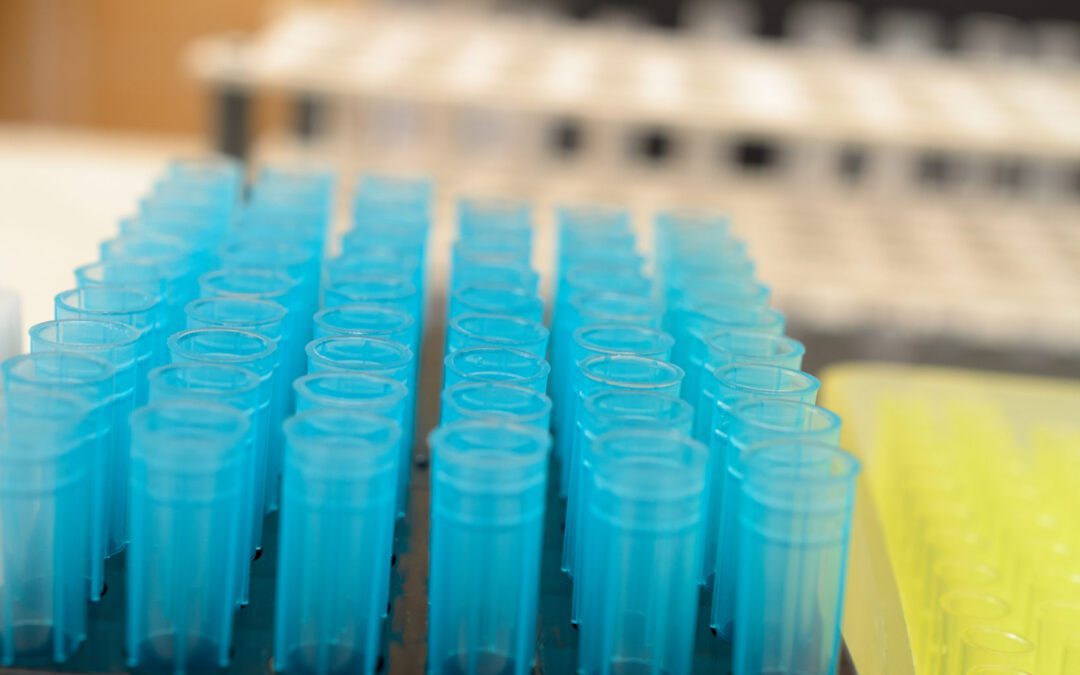The human body functions in amazing ways to keep foreign invaders from entering. Upon detection, immune cells act to neutralize and remove pathogens.
They tag them as dangerous, endocytosis, phagocytosis, and pinocytosis. Blood proteins called antibodies essentially sniff out specific antigens, discerning between self and non-self particles. Then, they appropriately dispose of them.
Unfortunately, the body gets mixed up sometimes and begins to produce antibodies that don’t make this crucial discernment correctly. As a result, they attack healthy cells. We see this in autoimmune diseases, such as systemic lupus erythematosus (SLE).
SLE is a chronic inflammatory autoimmune disease characterized by inflammation that affects the skin, muscles, bones, heart, lungs, and peripheral nervous system. With this disease, keratinocyte, and monocyte apoptosis increases along with the Fas ligand expression in T and B cells and T cell necrosis.
Antibody research revealed that one of the most important nuclear antibodies for diagnosing autoimmune diseases in clinical practice is the anti-Sm antibody. Let’s look at the specifics on the anti-Smith antibody and its clinical importance regarding SLE.
The Anti-Smith Antibody
This antibody targets the following proteins that compose U1, U2, U4, and U5 small nuclear ribonucleoprotein particles:
- B/B’
- D1
- D2
- D3
- E
- F
- G
In some individuals suffering from lupus, dead cells release the anti-smith antibody. It combines with anti-RNP antibodies to form a self-reactive B cell protein complex.
Why Is It Clinically Important in Diagnosing SLE?
The anti-Smith antibody is present in about 20-30% of patients. Most of these patients are Asian and African American.
A higher percentage of patients with SLE present with anti-RNP antibodies. However, doctors find that the anti-Smith antibody test more accurately diagnoses the disease because this antibody doesn’t tend to present in other rheumatological afflictions, whereas anti-RNP does.
When Is It Appropriate to Test for Anti-Smith Antibody?
The doctor should test for this antibody if they suspect that the patient may suffer from SLE. Signs and symptoms that may help you decide to test include:
- Headaches
- Swelling and pain in the joints
- Serositis
- Severe fatigue
- Anemia
- A butterfly rash
- Unexplained hair loss
- Raynaud’s phenomenon
You can also use this antibody test to help diagnose mixed connective tissue disease. Test results will read as positive, equivocal, or negative and will typically come through in about 5-7 days.
A doctor may run this antibody testing instead of or in conjunction with the Antinuclear Antibody test, the Antiphospholipid Antibodies test, the Anti-dsDNA test, the C-Reactive Protein test (CRP), and a complement test.
Can We Counteract the Anti-Sm Antibody?
A C-type lectin with two identical halves, called CD72, provides hope for effectively battling SLE without causing significant damage to other cells. Research shows that the regulatory protein CD72 actually inhibits the complex formed by anti-sm and RNP antibodies by binding to it.
Trust Only the Best for Important Medical Tests
If your patient presents with signs and symptoms of SLE, put together your panel of lab tests with only the most trusted products and equipment available.
Remember the clinical importance of the anti-Sm antibody when putting together the panel. Contact us for all of your biomedical research kits, genomics, and proteomics and mass spectrometry services.


